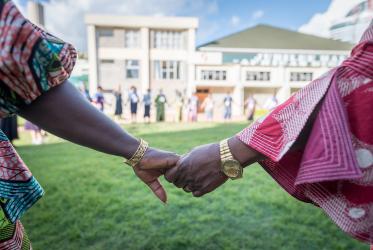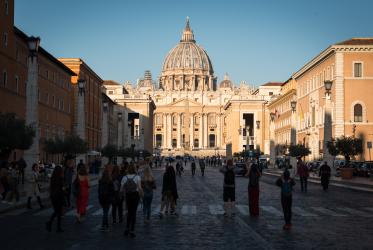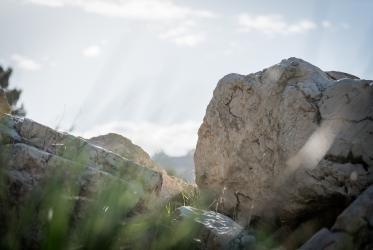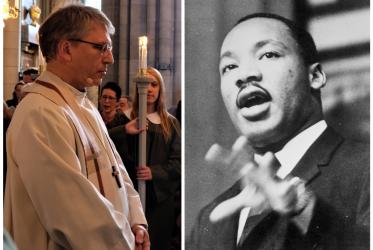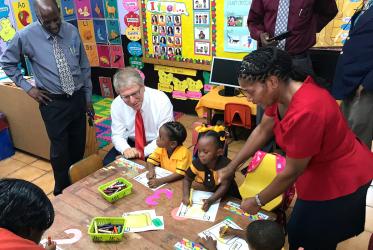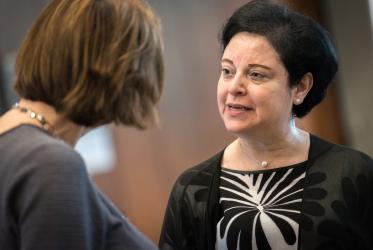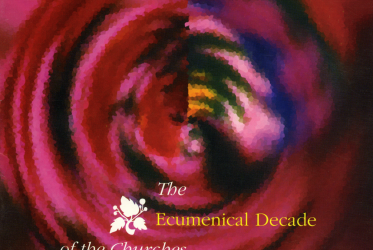Displaying 1 - 20 of 50
06 September 2023
#WCC70: Children in the Ecumenical Movement
20 December 2018
WCC reaffirms UN declaration on human rights
10 December 2018
WCC Executive Committee envisions future for one ecumenical movement
08 November 2018
How can you help refugees?
11 October 2018
Jamaica vantage point for Caribbean ecumenism
05 October 2018
Pope Francis dialogs with Christian leaders on combating racism
20 September 2018
WCC honours refugee work of Loïs Meyhoffer
13 September 2018
Catholics, WCC map future together after papal visit to Geneva
05 September 2018
“Love will find a way”
23 August 2018
#WCC70: Fellowship of women and men – with ups and downs
17 August 2018
#WCC70: A prayer about health and healing
20 July 2018
